16 Essential Facts You Should Know Before Owning An Arabian Horse
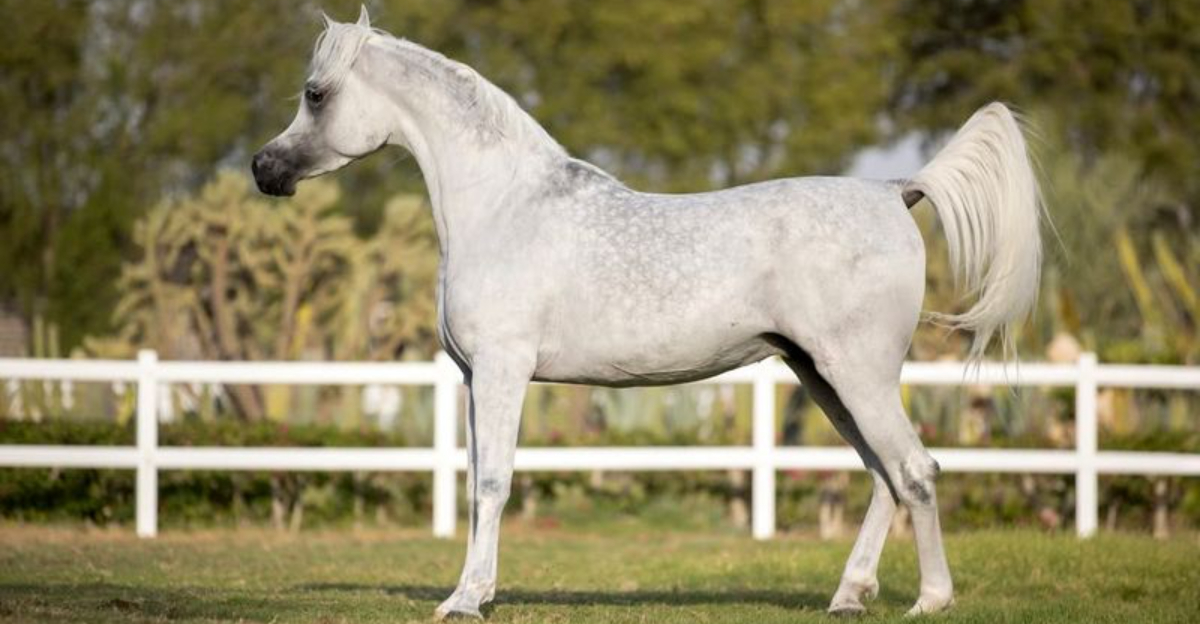
Owning an Arabian horse is a unique and rewarding experience. Known for their striking appearance, intelligence, and endurance, these horses have captured the hearts of equine enthusiasts around the globe.
Before bringing one of these majestic creatures into your life, it’s essential to familiarize yourself with some fascinating facts about their history, care, and characteristics.
Read what every potential Arabian horse owner should know, helping you to better understand and appreciate these incredible animals.
1. Historical Significance
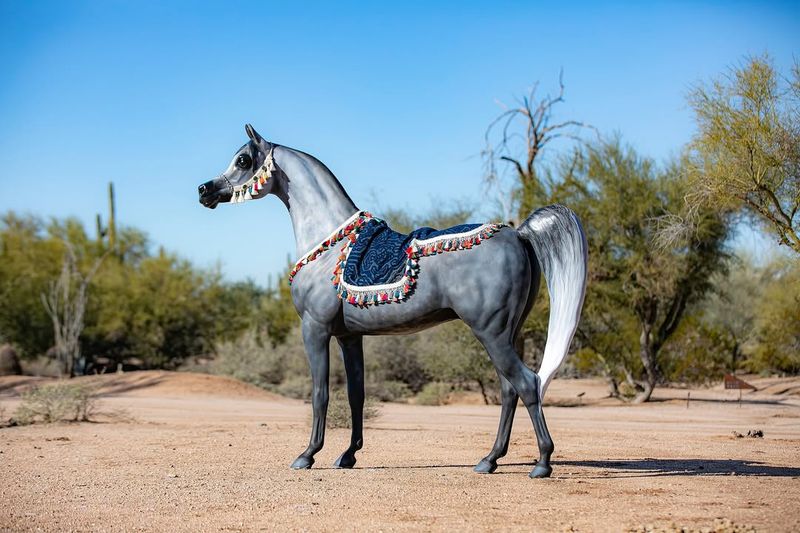
The Arabian horse holds a prestigious place in history, with origins dating back thousands of years. These horses were prized by ancient Bedouin tribes in the Arabian Peninsula for their strength, speed, and endurance.
Used in warfare, trade, and as companions, Arabian horses have influenced equestrian cultures globally. Their long-standing legacy as one of the oldest horse breeds makes them a symbol of endurance and excellence in the horse world.
2. Loyal Companions

The Arabian horse is renowned for its loyalty and deep bond with its owner. This breed thrives on human interaction and tends to form a strong emotional connection with its caretakers. Arabian horses are known to be intelligent and eager to please, which makes them especially responsive to training.
Their loyalty makes them not only excellent companions but also valuable partners in competitive riding and recreational activities.
3. Adaptability And Resilience
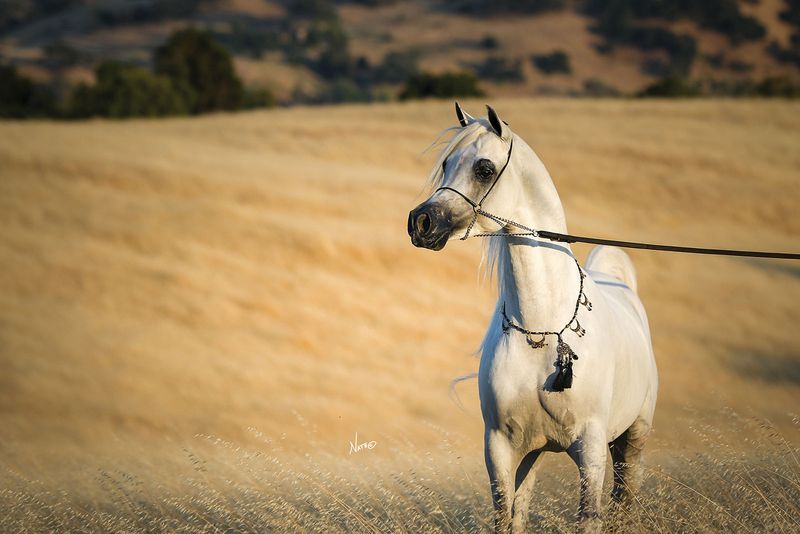
One of the most remarkable traits of the Arabian horse is its adaptability to various climates and environments. Whether in the hot deserts of the Middle East or the more temperate regions around the world, Arabian horses are known for their ability to thrive in challenging conditions.
Their resilience and hardiness make them a favorite choice for long-distance travel and endurance races, where their natural stamina shines.
4. Endurance And Stamina
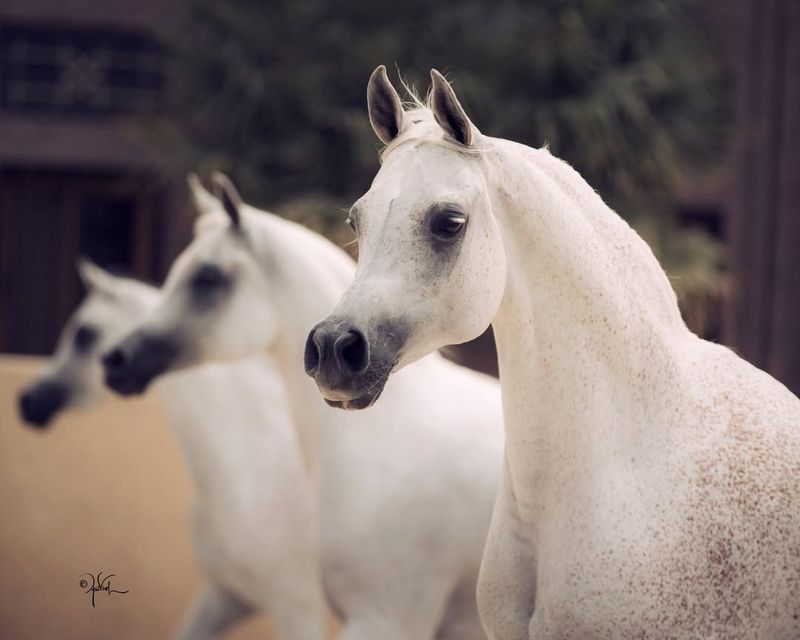
Renowned for their incredible endurance and stamina, Arabian horses were bred to withstand long, grueling rides through harsh desert conditions.
Their ability to maintain energy over long distances, combined with their efficient use of oxygen, makes them exceptional endurance horses.
This stamina has made them the breed of choice for endurance races worldwide, where they consistently excel due to their endurance-driven nature.
5. Distinctive Physical Features
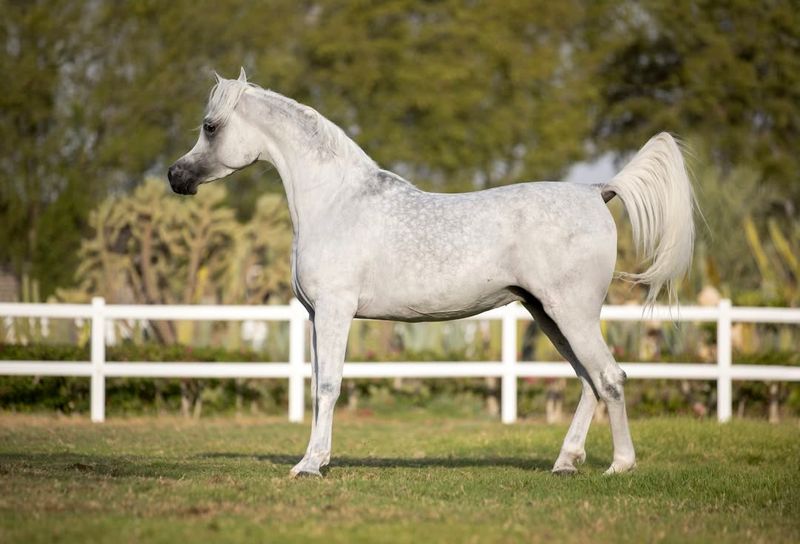
Arabian horses are easily recognized by their distinctive physical features. They have a refined, compact build with a well-rounded face, large eyes, and a dished profile.
Their elegant, high-set neck and long, flowing mane and tail contribute to their graceful appearance. These physical traits, combined with their graceful movement, make the Arabian horse one of the most visually striking breeds.
6. Cultural Legacy
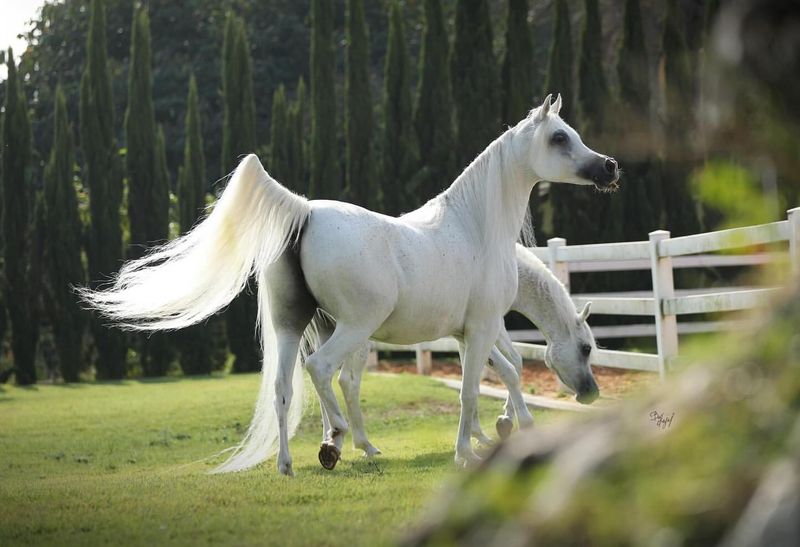
The Arabian horse has a rich cultural legacy that spans centuries. Revered in Arab culture, these horses were considered treasures and often symbolized wealth and status. They were not just seen as animals but as integral members of the family and tribe.
This cultural reverence has played a pivotal role in the preservation of the breed, making it a living symbol of the Arab world’s deep connection to horses and the natural world.
7. Dietary Needs And Care
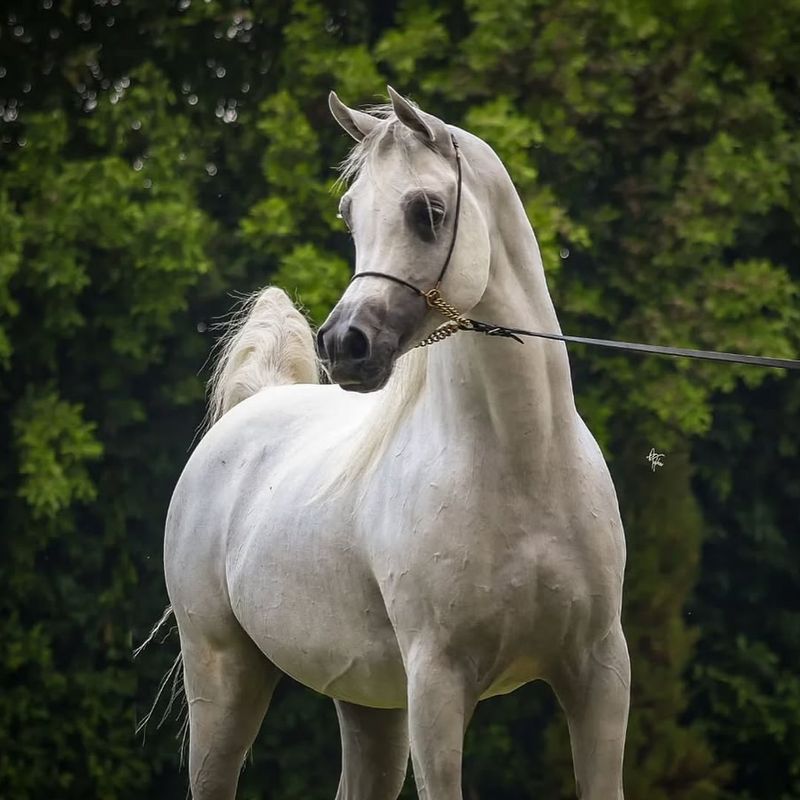
Proper nutrition is essential for maintaining the health and well-being of an Arabian horse. These horses thrive on a balanced diet that includes high-quality hay, grains, and ample access to fresh water.
Arabians are generally easy keepers and do well on a simple, natural diet, but it’s important to monitor their weight and ensure they receive adequate vitamins and minerals for optimal health. Regular grooming and attention to hoof care are also necessary for their upkeep.
8. Versatility In Equestrian Sports
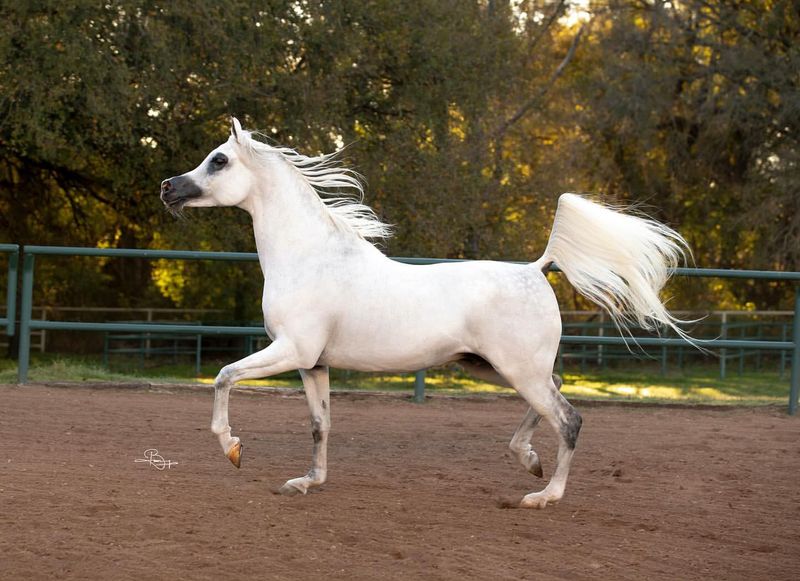
Despite their origins in endurance riding, Arabian horses are incredibly versatile in various equestrian disciplines. From dressage to show jumping, barrel racing to western riding, Arabian horses excel in multiple events.
Their agility, intelligence, and calm temperament make them adaptable to nearly any discipline. This versatility adds to their reputation as an all-around equine athlete.
9. Unique Genetic Traits
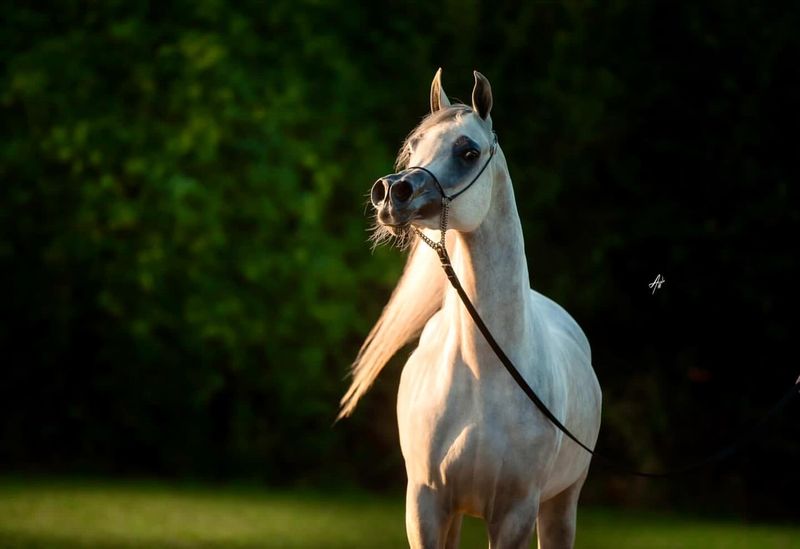
The Arabian horse possesses unique genetic traits that contribute to its exceptional performance. One of the most notable features is the breed’s efficient metabolism, which allows them to use energy efficiently and recover quickly.
Their genetic resilience and adaptability, passed down over generations, ensure that Arabian horses are well-suited for long rides, extreme temperatures, and varied terrain.
10. Temperament And Personality
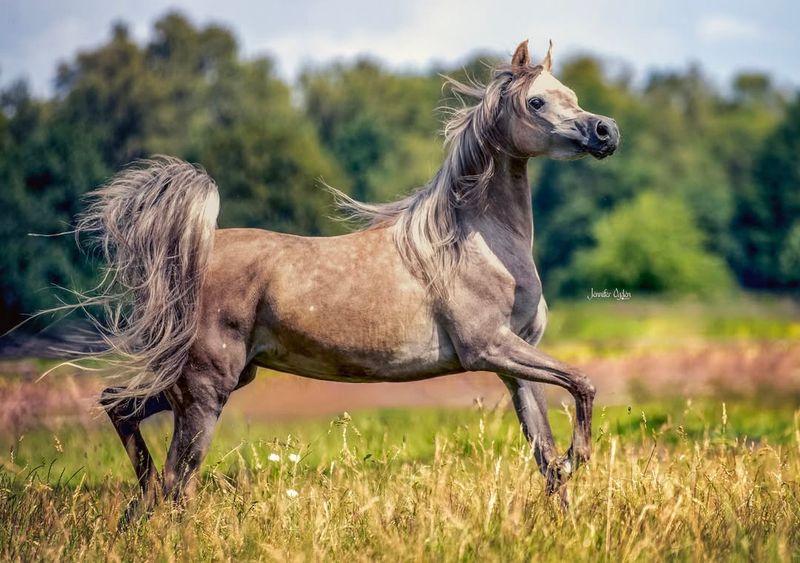
Known for their intelligence and sensitivity, Arabian horses possess a calm and willing temperament. They are eager to please, responsive to training, and form strong bonds with their handlers.
While they can be spirited, they are generally not aggressive, making them well-suited for both experienced and novice riders.
Their gentle and affectionate nature makes them fantastic companions for riders seeking a horse that offers both reliability and personality.
11. The Art Of Breeding
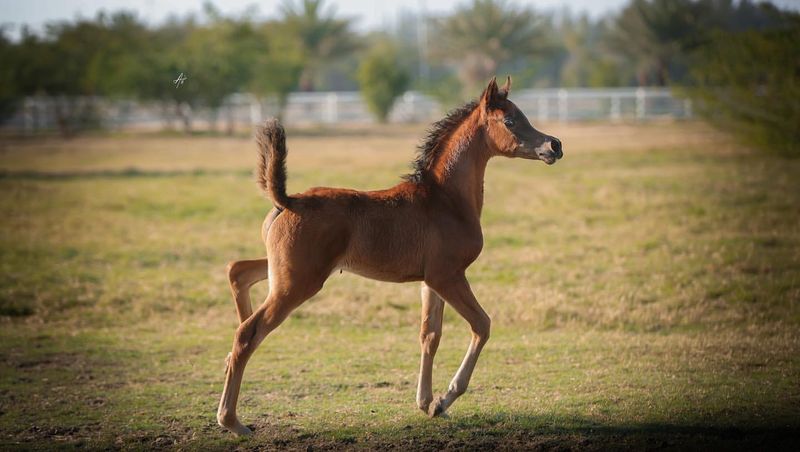
Breeding Arabian horses requires a deep understanding of genetics and the unique traits that make the breed so special. Reputable breeders focus on producing horses with strong lineage, emphasizing health, conformation, and temperament.
Breeding Arabian horses is an art form, with a great deal of respect for the breed’s heritage, aiming to preserve its natural beauty, endurance, and versatility for future generations.
12. Long Lifespan
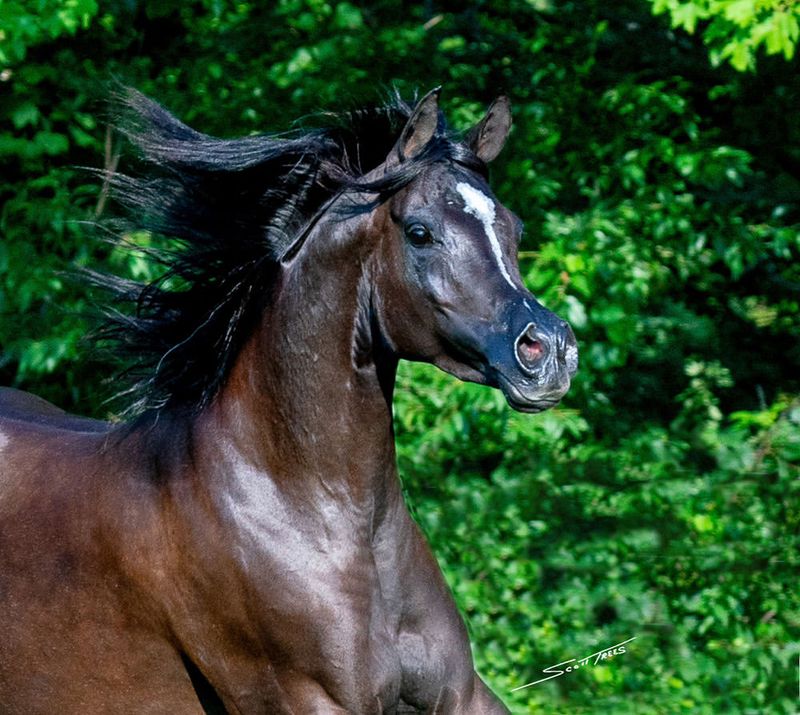
Arabian horses are known for their longevity, often living well into their late twenties or even early thirties. Their long lifespan is a testament to their hardy genetics and careful breeding practices.
Arabian horses are capable of working into their senior years, maintaining their health and vitality longer than many other breeds. Their enduring nature makes them lifelong companions for those who care for them properly.
13. Influence On Modern Breeds
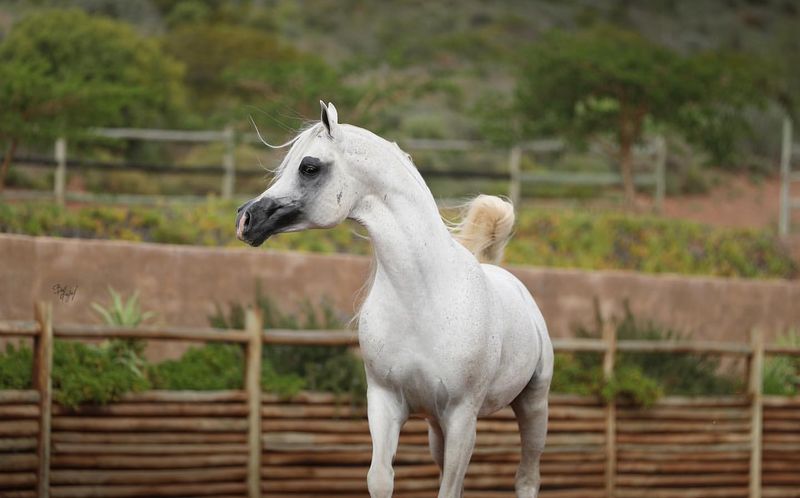
The Arabian horse has had a profound influence on many modern horse breeds, contributing to the development of several well-known types, including the Thoroughbred, Akhal-Teke, and Quarter Horse.
Their speed, stamina, and gentle nature have been passed down through generations, and many breeds today still carry the signature traits of the Arabian. The breed’s contribution to the equestrian world cannot be overstated.
14. Training Techniques
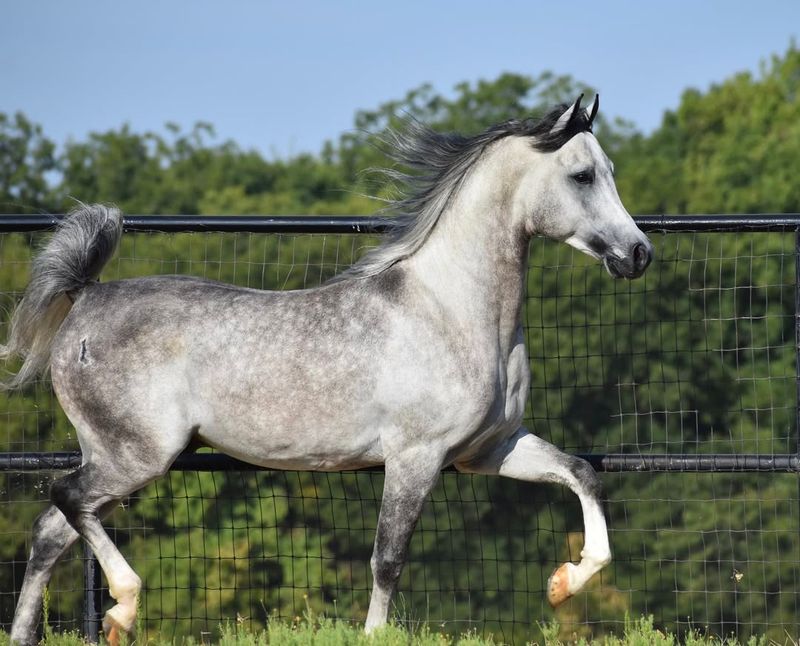
Training an Arabian horse requires patience, consistency, and respect for their intelligence and sensitivity. These horses respond well to positive reinforcement methods, and their desire to please makes them quick learners.
Building a relationship of trust and communication is essential in training, as Arabian horses thrive in environments where they feel respected and understood. Due to their high intelligence, they can excel in various disciplines when trained properly.
15. Distinctive Gait
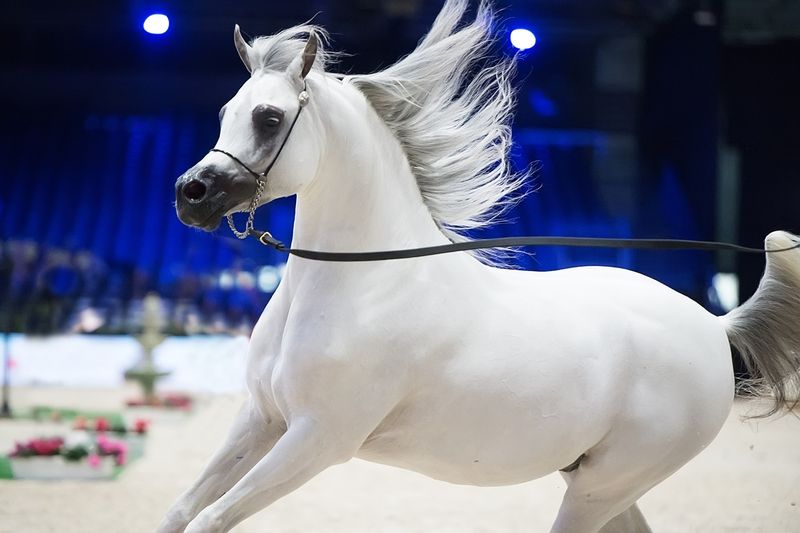
One of the remarkable features of the Arabian horse is its unique gait, often referred to as the “floating trot.” This smooth and graceful movement allows the Arabian to cover ground efficiently while minimizing strain on its body.
Their distinct gait, combined with their agility, makes them particularly suited for long-distance riding and competition, adding to their already impressive skill set. This natural, fluid movement is one of the reasons why Arabian horses are so sought after in endurance events.
16. Natural Affinity For Water

The Arabian horse has a natural affinity for water, which is believed to be a trait developed from its desert origins. These horses are often seen drinking and even swimming in bodies of water. Their ability to remain calm and controlled near water is a testament to their strong instincts and resilience.
This connection to water adds another layer of adaptability, allowing them to thrive in environments that require not only stamina and endurance but also composure in the face of challenges like heat and water scarcity.






